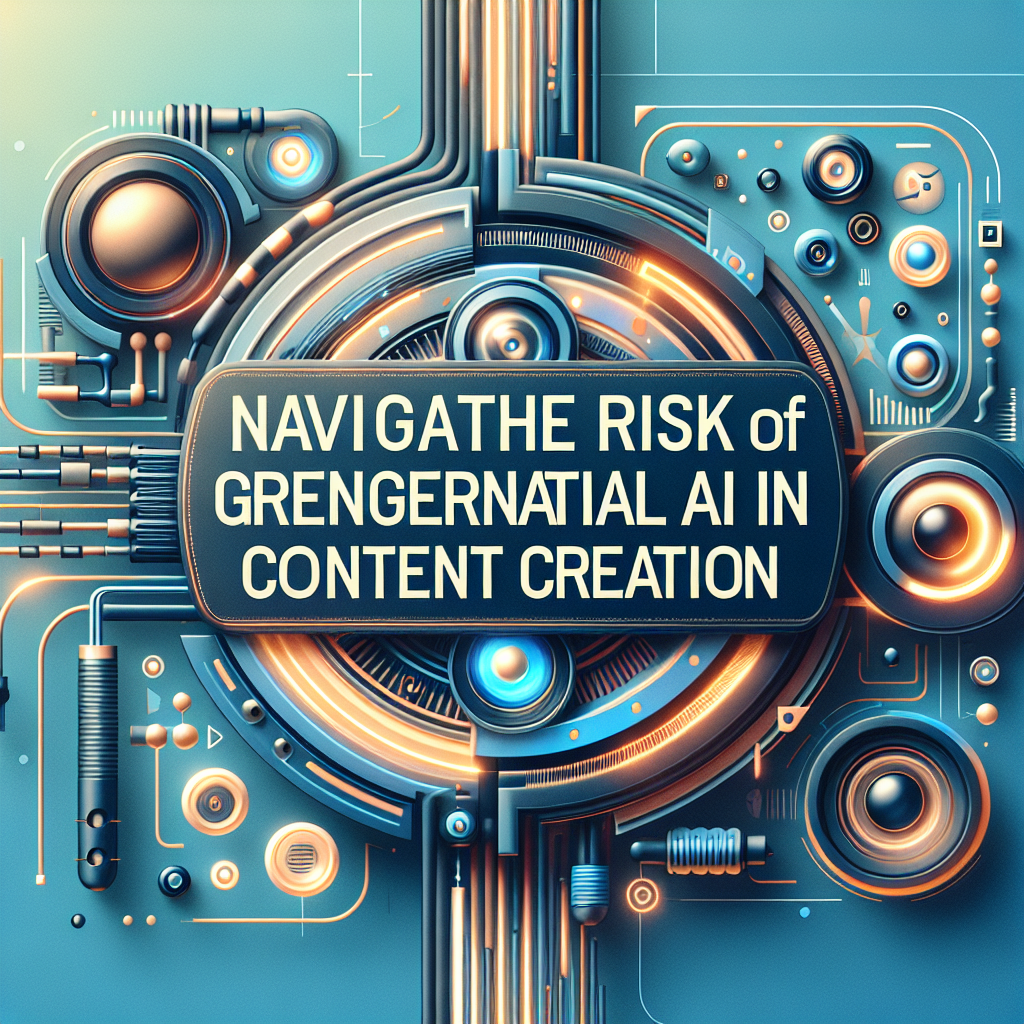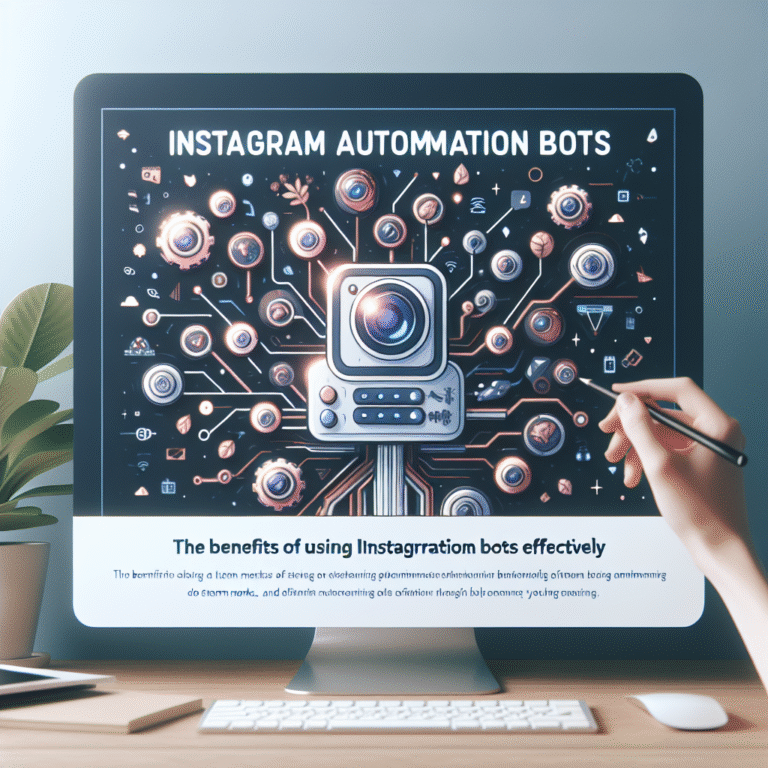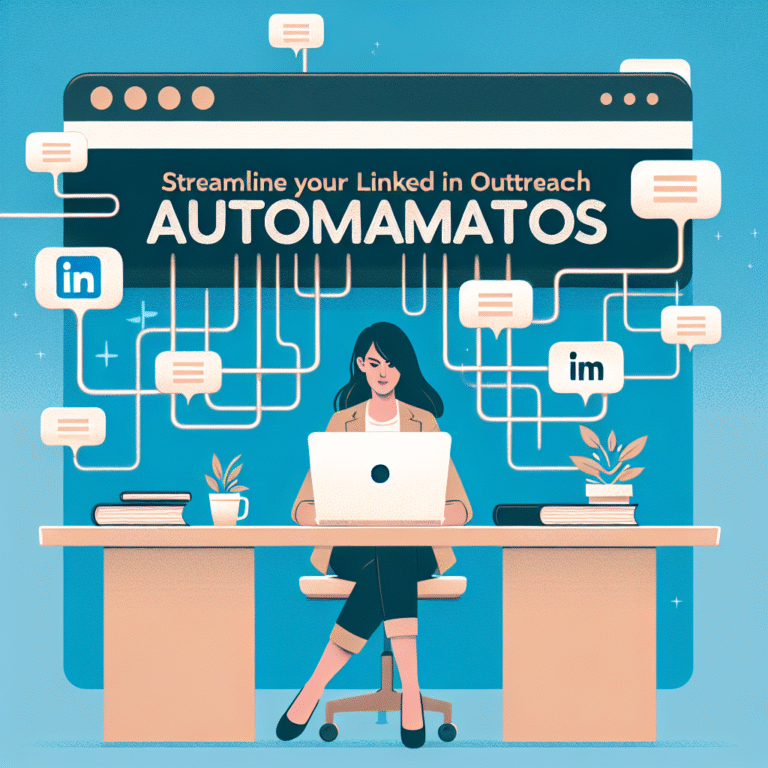“`html
Navigating the Risks of Generative AI in Content Creation
Introduction
Generative AI is revolutionizing the way we approach content creation, offering innovative solutions for writers, marketers, and creators. However, as with any emerging technology, it is crucial to understand the associated risks. This article delves into the challenges and potential pitfalls of generative AI in the realm of content generation.
Understanding Generative AI
Definition and Examples
Generative AI refers to algorithms that can generate new content, such as text, images, music, and more, based on existing data. Examples include OpenAI’s GPT-3, which produces human-like text, and DALL-E, which creates images from textual descriptions.
How Generative AI Works
At its core, generative AI utilizes machine learning techniques to analyze vast amounts of data. By understanding patterns and structures in the data, these models can generate new content that mimics the style and substance of the input data.
Potential Risks of Generative AI
Misinformation and Accuracy Issues
A significant concern with AI-generated content is the potential for misinformation. AI can sometimes produce inaccurate or misleading information, which can have serious ramifications, particularly in sensitive fields like health and finance.
Ethical Concerns and Bias
Generative AI models can perpetuate and amplify biases present in the training data, leading to ethical concerns regarding fairness and representation in content creation.
Intellectual Property Implications
Questions surrounding copyright and ownership arise when content is generated by AI. Determining who owns the rights to AI-generated work is an ongoing legal challenge.
Impact on Content Quality
Challenges in Maintaining Quality
While generative AI can produce content rapidly, the quality may not always meet expectations. Ensuring clarity, coherence, and creativity remains a challenge for AI-generated outputs.
Case Studies of AI-Generated Content
Several instances have highlighted the quality issues of AI-generated content. For example, some AI-written articles have been criticized for lacking depth or context, underscoring the need for human oversight.
Legal Considerations
Copyright and Ownership Issues
The legal landscape surrounding AI-generated content is still developing. Questions of copyright ownership and liability for AI-generated work are critical considerations for creators and businesses alike.
Regulatory Landscape
As AI technology evolves, so too does the regulatory framework around it. Governments and organizations are beginning to implement guidelines to address the ethical and legal challenges posed by generative AI.
Mitigating Risks
Best Practices for Safe Use
To mitigate the risks associated with generative AI, it is essential to implement best practices such as thorough verification of AI-generated content, utilizing reliable data sources, and maintaining transparency with users.
Tools and Techniques for Verification
Several tools can assist in verifying the accuracy and authenticity of AI-generated content. These include plagiarism checkers, fact-checking services, and content moderation tools designed to identify bias.
Future of Generative AI in Content Creation
Trends and Predictions
The future of generative AI in content creation looks promising, with advancements in natural language processing and machine learning expected to enhance the capabilities of these tools. However, balancing innovation with caution is essential.
Balancing Innovation with Caution
As we embrace the benefits of generative AI, it is crucial to remain vigilant about the risks. Developing ethical guidelines and robust verification processes will help ensure responsible use of this transformative technology.
Conclusion
Generative AI presents both exciting opportunities and significant risks in content creation. By understanding these challenges and implementing best practices, creators can navigate the complexities of AI technology responsibly. The future of AI in content creation will depend on our ability to balance innovation with ethical considerations.
FAQ
What is generative AI?
Generative AI refers to algorithms that can create new content based on existing data.
How does generative AI affect content quality?
AI-generated content can vary in quality, sometimes lacking depth and coherence.
What are the legal concerns with AI-generated content?
Key issues include copyright ownership and liability for AI-created works.
How can I verify AI-generated content?
Utilize tools such as plagiarism checkers and fact-checking services to verify authenticity.
“`




